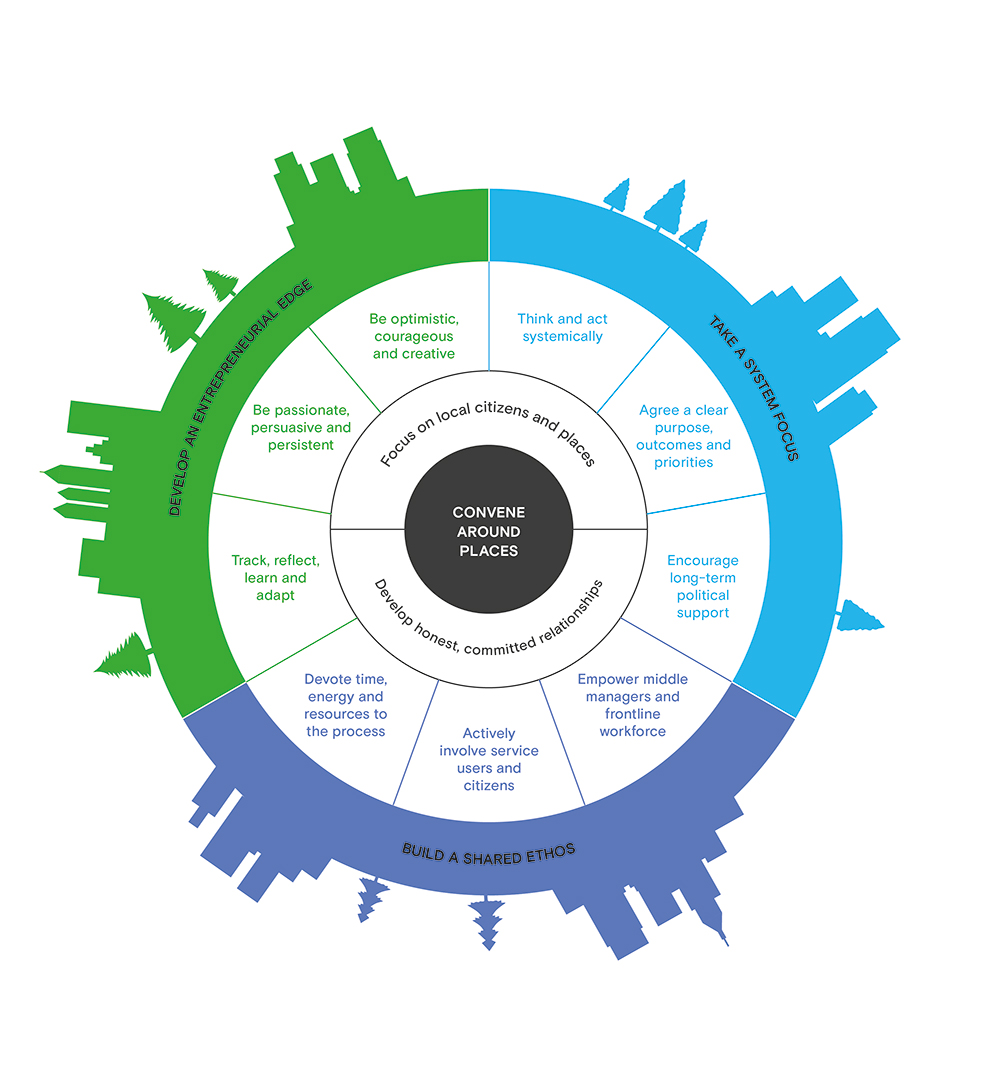This is the first of two blogs on Data Collaboratives by Stefaan G. Verhulst of The Governance Lab. Data Collaboratives are an emerging public-private partnership model, in which participants from different sectors come together to exchange data and pool analytical expertise. Their potential is great, offering new solutions to old problems and making International Civil Society Organisations more effective. (Read Part II here)
The need for innovation is clear: The twenty-first century is shaping up to be one of the most challenging in recent history. From climate change to income inequality to geopolitical upheaval and terrorism: the difficulties confronting international civil society organisations (ICSOs) are unprecedented not only in their variety but also in their complexity. At the same time, today’s practices and tools used by ICSOs seem stale and outdated. Increasingly, it is clear, we need not only new solutions but new methods for arriving at solutions.
Data will likely become more central to meeting these challenges. We live in a quantified era. It is estimated that 90% of the world’s data was generated in just the last two years. We know that this data can help us understand the world in new ways and help us meet the challenges mentioned above. However, we need new data collaboration methods to help us extract the insights from that data.
UNTAPPED DATA POTENTIAL
For all of data’s potential to address public challenges, the truth remains that most data generated today is in fact collected by the private sector – including ICSOs who are often collecting a vast amount of data – such as, for instance, the International Committee of the Red Cross, which generates various (often sensitive) data related to humanitarian activities. This data, typically ensconced in tightly held databases toward maintaining competitive advantage or protecting from harmful intrusion, contains tremendous possible insights and avenues for innovation in how we solve public problems. But because of access restrictions and often limited data science capacity, its vast potential often goes untapped.
DATA COLLABORATIVES AS A SOLUTION
Data Collaboratives offer a way around this limitation. They represent an emerging public-private partnership model, in which participants from different areas — including the private sector, government, and civil society — come together to exchange data and pool analytical expertise.
While still an emerging practice, examples of such partnerships now exist around the world, across sectors and public policy domains. Importantly several ICSOs have started to collaborate with others around their own data and that of the private and public sector. For example:
- Several civil society organisations, academics, and donor agencies are partnering in the Health Data Collaborative to improve the global data infrastructure necessary to make smarter global and local health decisions and to track progress against the Sustainable Development Goals (SDGs).
- Additionally, the UN Office for the Coordination of Humanitarian Affairs (UNOCHA) built Humanitarian Data Exchange (HDX), a platform for sharing humanitarian from and for ICSOs – including Caritas, InterAction and others – donor agencies, national and international bodies, and other humanitarian organisations.
These are a few examples of Data Collaboratives that ICSOs are participating in. Yet, the potential for collaboration goes beyond these examples. Likewise, so do the concerns regarding data protection and privacy.
At The Governance Lab (GovLab) at New York University, we have researched in depth the potential of Data Collaboratives, and have identified five specific public value propositions. We are also clear in the need for organisations in Data Collaboratives to embrace establishing “Data Stewardship” roles to ensure responsible data management.
In the next blog, I will go into greater detail about GovLab’s work and explain how ICSOs could use Data Collaboratives to their benefit more, and how they can manage data responsibly.
To read more, please visit: Disrupt & Innovate (Future Civil Society Organisations)






